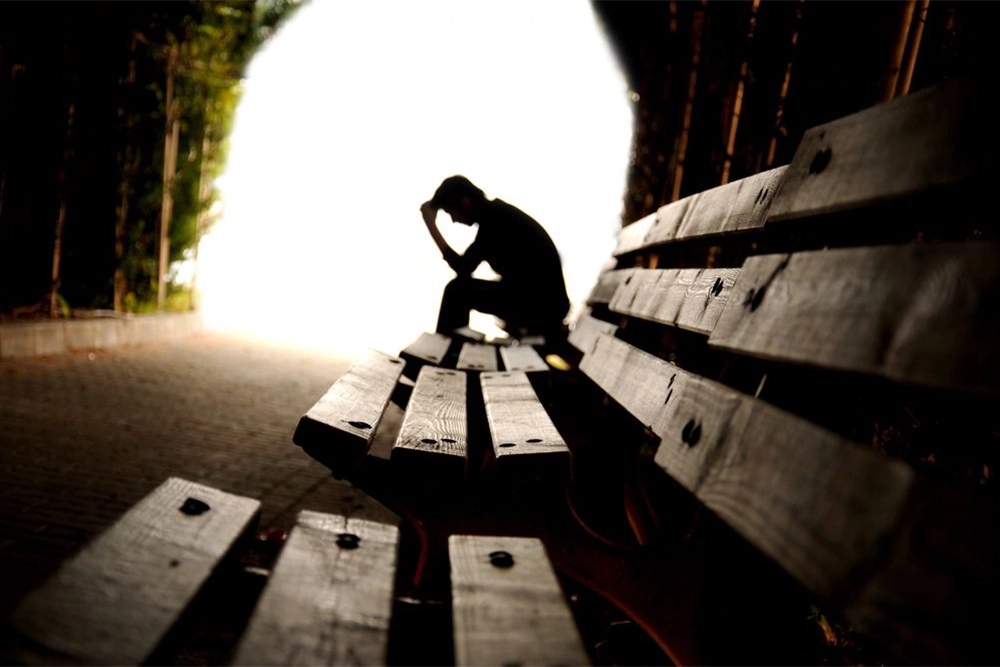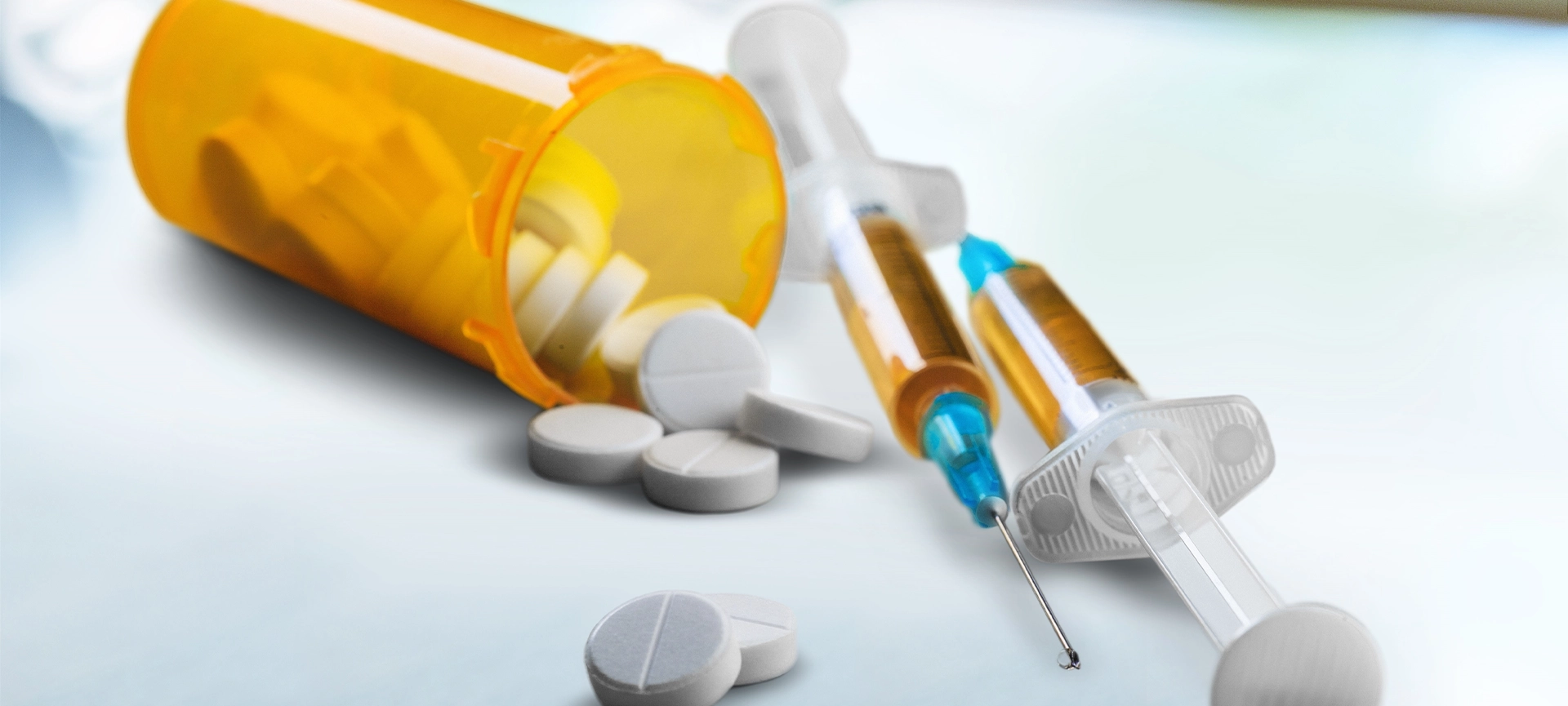The road to addiction recovery is tough, at best. There are many obstacles you will have to overcome to preserve your recovery from addiction. One of those obstacles is an addiction relapse. It is not uncommon for recovering addicts to suffer relapses at one point or another during their treatment process. Due to this, many believe that addiction relapse is inevitable during recovery. That is not true. You can avoid addiction relapse but, to do so, you will have to identify the various triggers that can cause you to relapse.
Identifying your addiction relapse triggers is your first step toward ensuring your long-term addiction recovery. The next step, after you have identified your signs of addiction relapse, is to learn how to manage them. More often than not, an addiction relapse sneaks upon its victims.
But if you are paying adequate attention to your triggers, you can quickly catch the signs and seek professional addiction treatment services in Toronto. This way, instead of trying to come back from an addiction relapse, you can avoid the relapse altogether.

However, identifying these triggers can be somewhat tricky. While some are immediately evident upon introspection, others are less obvious. In light of this, we have compiled a list of some of the more common signs of addiction relapse. With this list and a little deep thinking, you should be able to discover your triggers and learn how to avoid a relapse. Read further to find out some signs of an addiction relapse that you should guard against.
Common Addiction Relapse Triggers That You Should Avoid
Relapse triggers are situations or conditions that can bring about cravings that can cause you to suffer an addiction relapse. Therefore, you must identify these signs so that you can avoid a relapse. Knowing how to prevent a relapse is all about knowing your triggers. Here are some common signs of addiction relapse.
Stress
Stress is, without a doubt, the most common sign of addiction relapse. In fact, a lot of people get into addiction in the first place because they try to cope with stress the wrong way. Therefore, try your best to avoid stressful situations if you want to protect your addiction recovery. Addiction treatment experts associate stress in recovering addicts with increased cravings and urges for substances. So, we recommend that you stay away from people or situations that are stressful.
Understandably, it may be difficult, if not impossible, to totally eliminate stress from your life. However, what you can do is evaluate the source of the stress you are experiencing. If the source is something, someone or someplace that you can steer clear of, then you should do so. Otherwise, you may have to find new ways to cope with the stress that will not mean an addiction relapse. For example, you can engage in relaxation training, mindfulness, and exercise to help you adequately cope with stress.
People or places that remind you of your addiction
Memories can be quite powerful, particularly those that connect you to your past addictive behaviour. This means that people or places that remind you of your addiction are potential relapse triggers. As much as possible, you should avoid people who were participants in your addictive behaviour. It does not matter whether they still use it or not. Furthermore, it will also help if you stay away from places where you satisfy your addictive impulses.
It is necessary to avoid spiking the memories of your addictive past. Otherwise, you may bring up impulses to use or drink that will have otherwise stayed dormant. So, if you want to know how to avoid relapse, start distancing yourself from people or places that remind you of addiction. Also, if something or someone reminds you of your addiction, you should be prepared to deal with such situations. An excellent strategy is to carry out a healthy activity such as a jog, or dinner with a sponsor.

Negative emotions
Negative emotions are a part of life that everyone has to deal with at one point or another. However, people undergoing addiction recovery may find it more challenging to deal with such emotions. Most times, they have to cope with feelings of rejection, sadness, and depression. These feelings can lead recovering addicts to an addiction relapse, if not properly managed.
However, it is impossible to avoid feeling angry, guilty, or sad at various times. Indeed, experiencing these emotions is an essential part of addiction recovery. But, they can also be signs that you are getting close to an addiction relapse.
Negative emotions may be uncomfortable, but you must be able to manage them effectively. Learning how to cope with challenging emotions is vital if you want to guarantee your long-term addiction recovery.
HALT – Hungry, Angry, Lonely, Tired
HALT is the term addiction treatment experts in Toronto use to describe potentially dangerous situations for people in recovery. Although they are more subtle, the states outlined in the heading are common addiction relapse triggers.
During addiction recovery, you must avoid getting too hungry, angry, lonely, or tired. These states of mind are dangerous signs that may push you to a relapse. During these periods, your brain is more vulnerable to thoughts of addictive behaviours.
The same thing applies to anger and tiredness. So, instead of getting into these high-risk states, take good care of your mind and body. Plan your meals well, carve out an appropriate sleeping schedule for yourself and stick to it. Furthermore, you will also have to avoid situations that can get you worked up and angry. In the same vein, you can find out ways to manage your anger. Finally, if you notice that you get too lonely, you should consider attending support group meetings or hang out with trusted friends and family.
Overconfidence
Self-confidence during addiction recovery is crucial as sometimes it may give you the push you need to stay committed. However, overconfidence is a significant red flag. Many people fail to see it as one of the signs of addiction relapse, but it is. Overconfidence is one of the addiction relapse triggers you want to avoid. This is because it can make you complacent about things that are essential to your recovery.

After some time in recovery, with your life beginning to smoothen out, you may feel like you no longer need your relapse prevention plan. You may think that you are already strong in your recovery thereby exposing yourself to risky situations. Such habits can set you up for a disastrous relapse. Overconfidence is one of the signs of addiction relapse, so it’d be best to put a check on it. Remember that no matter how far you’ve come, you will never be satisfied with ‘just one.’
Take-Home
An addiction relapse can set you back a long way in your addiction recovery journey. So, it is in your best interest that you avoid a relapse. An excellent way to do this is to identify your addiction relapse triggers and work on managing them. Sometimes, you have to get professional help to discover these triggers. But, as long as you know the signs of addiction relapse, you may yet be able to avoid them.
More importantly, never underestimate the power of having an addiction treatment expert on your side. If you need more help or need to speak with an addiction professional, Addiction Rehab is still open. We have loads of experience dealing with all types of addictions. More importantly, we’d love to help you! Simply call us at 1-855-787-2424 today!
Related article: How to Prevent Gambling Addiction Relapse






